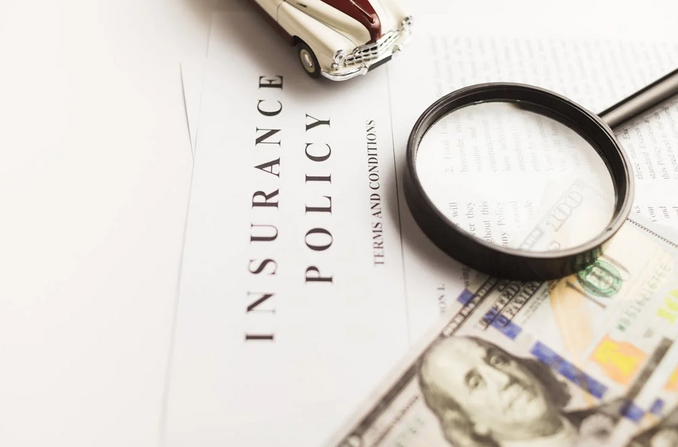When it comes to car insurance, most drivers know that a clean record can lead to lower premiums. But have you ever considered how enhancing your driving skills through defensive courses could impact your wallet? It’s more than just learning to avoid accidents; it’s about cultivating a proactive approach on the road that can translate into significant savings on your insurance costs. In today’s world, where every dollar counts, understanding the link between defensive driving and affordable insurance is essential for any savvy driver. Let’s explore how honing these critical skills keeps you safe and helps keep those pesky premiums in check.
Lower Risk, Lower Premiums
Driving is inherently risky, but how you manage that risk can significantly affect your insurance rates. Insurance companies evaluate drivers based on their likelihood of filing a claim. A safe driver with defensive driving skills poses less risk. Insurers see you as a lower liability when you demonstrate an ability to navigate challenging situations without incident. They reward this behavior by offering reduced premiums for those who complete recognized defensive driving courses.
It’s not just about avoiding accidents; it’s about showing responsibility behind the wheel. Your commitment to safety speaks volumes and impacts your financial bottom line. The more proactive you manage risks, the better your chances of enjoying considerable savings on insurance costs while keeping yourself and others safe on the road.
Eligibility for Defensive Driving Discounts

Many insurance companies offer discounts for drivers who complete a defensive driving course. This incentive is designed to encourage safer driving habits. Eligibility varies by insurer, but generally, you must be a licensed driver in good standing. Some providers may require the course to be taken through an approved organization. Age also plays a role—young drivers or those with limited experience might benefit more from these programs. Insurers often see them as higher risk and rewarding safety training helps mitigate that perception.
Additionally, some states mandate specific courses for traffic violations. Successfully completing such programs can open the door to reduced premiums even if you’ve had past infractions on your record. It’s worth checking with your provider about any discounts on defensive driving courses. By becoming a more skilled and informed driver, you could save significantly.
Fewer Traffic Violations and Points
Defensive driving promotes better habits behind the wheel. With this training, drivers learn to anticipate dangers and avoid risky behaviors. This proactive approach leads to fewer traffic violations. When you drive defensively, you’re more aware of your surroundings. You notice potential hazards before they become a problem, which helps prevent accidents that could result in tickets or points on your license.
Fewer violations mean a cleaner driving record. Insurance companies reward responsible drivers with lower premiums because they pose less risk. A good driving history strengthens your profile as a low-risk driver. Moreover, accumulating points can lead to hefty fines and higher insurance rates. By embracing defensive driving techniques, you decrease the likelihood of these unfortunate consequences while contributing to safer roads overall.
Long-Term Cost Reduction

Investing time in defensive driving courses can yield substantial long-term savings. Mastering techniques that promote safer driving reduces the likelihood of accidents. Fewer accidents mean fewer repair costs and medical bills. Insurance companies recognize this commitment to safety. As a result, they often reward drivers with lower premiums over time. These discounts can accumulate significantly, making your ongoing investment in safe driving pay off year after year.
Moreover, maintaining a clean driving record enhances your reputation as a responsible driver. This keeps your current insurance rates manageable and opens doors for better offers when shopping around for policies. The benefits extend beyond immediate savings; proactive measures today cultivate financial security tomorrow. With each passing year of safe driving habits, you’re contributing to more than just reduced premiums—you’re shaping a future where unexpected expenses are less likely to derail your budget.
Proactive Driver Profile
Creating a proactive driver profile involves …



